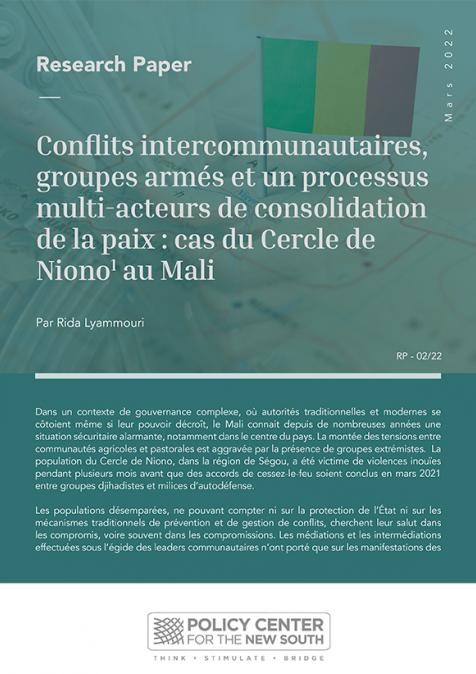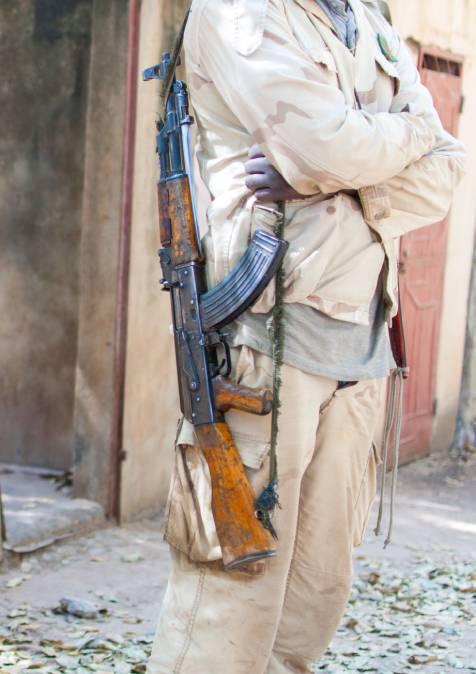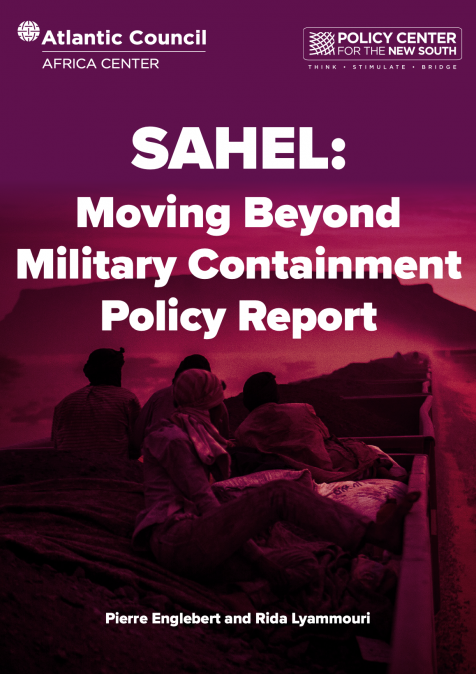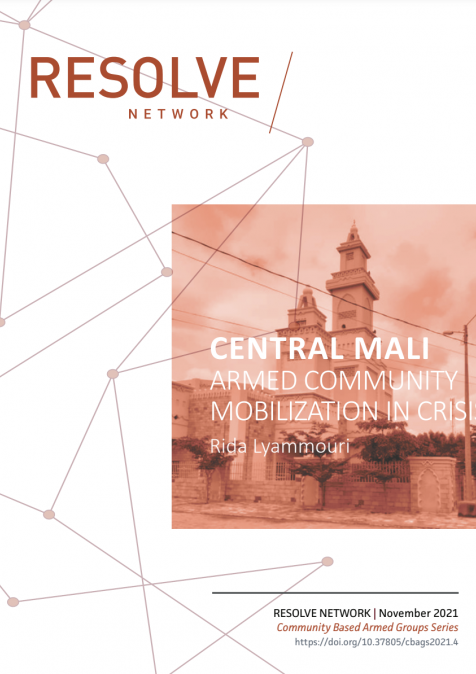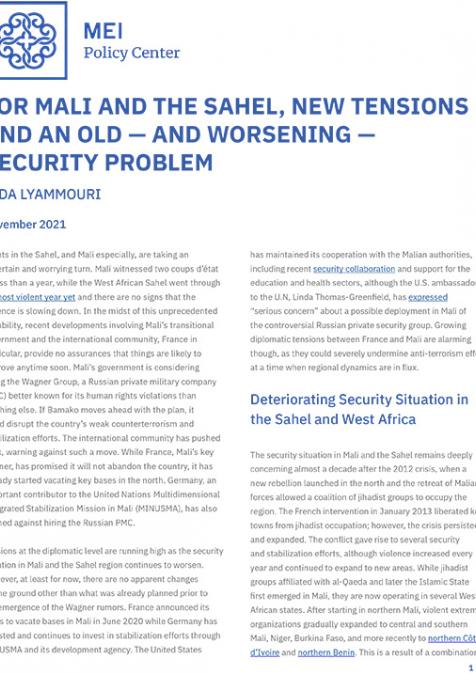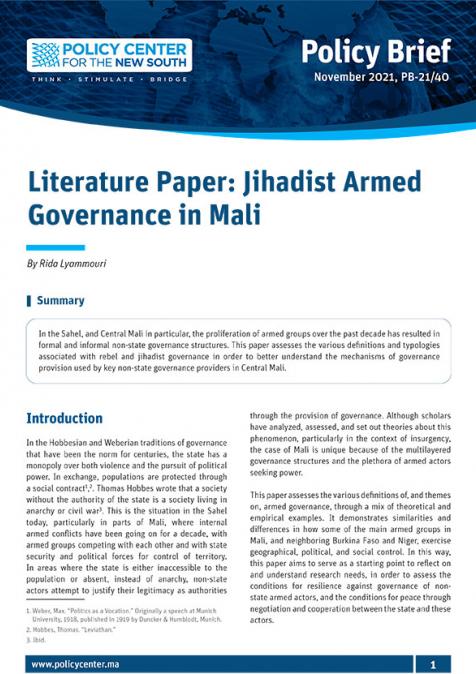حديث الثلاثاء : الانقلاب في النيجر: أبرز التطورات، آفاق الحل والسيناريوهات المحتملة
يخصص مركز السياسات من أجل الجنوب الجديد حلقة برنامجه الأسبوعي "حديث الثلاثاء" لمناقشة موضوع الانقلاب في النيجر: أبرز التطورات، آفاق الحل والسيناريوهات المحتملة مع الأستاذ عبد الحق باسوا، باحث بارز بمركز السياسات من أجل الجنوب الجديد. في صبيحة يوم 26 يوليوز أعلنت رئاسة النيجر بداية الانقلاب بعد أن احتجز الحرس الرئاسي الرئيس بازوم في مقر اقامته داخل القصر الرئاسي. كون النيجر تقع في منطقة الساحل الصحراوي وتقتسم الحدود مع سبع دول مجاورة لها الجزائر وليبيا من الشمال وكلاً من نيجيريا وبنين من الجنوب ومن الغرب بوركينا فاسو ومالي، فيما تحدها تشاد من جهة الشرق. هذا الانقلاب أثار ردود أفعال جيران النيجر وشركائها الدوليين وكدى التكتلات القارية خاصة الإكواس والاتحاد الافريقي تجاه الأزمة. ماذا يحدث في النيجر؟ ماهي أهم الدوافع والأسباب التي أدت الى الانقلاب؟ ما هو موقف الطبقة السياسية والمجتمع المدني في النيجر من الأزمة؟ كيف كانت ردود أفعال جيران النيجر وشركائها الدوليين وكدى التكتلات القارية خاصة الإكواس والاتحاد الافريقي تجاه الأزمة؟ ماهي التداعيات أو اثار الأزمة على الساحة الدولية وعلى منطقة الساحل على وجه الخصوص؟ هل يهدد الانقلاب مصالح القوى الكبرى؟ وماهي استراتيجيات هذه القوى وعلى رأسها فرنسا؟ هل التدخل العسكري للمجموعة الاقتصادية لدول غرب أفريقيا حديث العهد؟ وهل سيساعد ذلك على حل النزاع، أم أنه سيخاطر بتفاقم الوضع؟ ما مستقبل النيجر ومنطقة الساحل بعد الانقلاب؟ وماهي أهم السيناريوهات المحتملة؟ أسئلة وغيرها نناقشها مع الأستاذ عبد الحق باسوا، باحث بارز بمركز السياسات من أجل الجنوب الجدي



